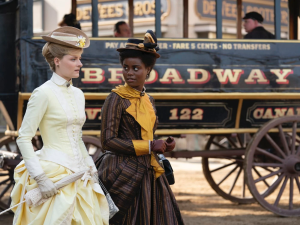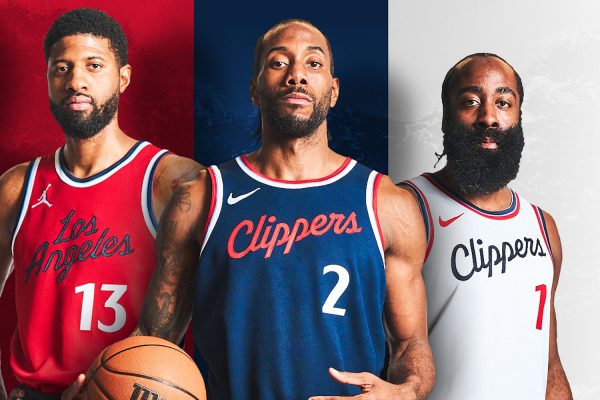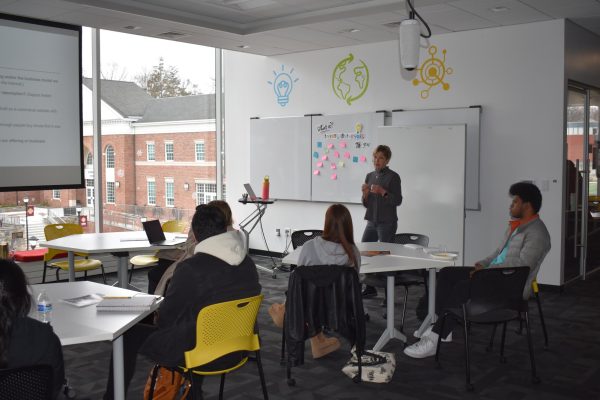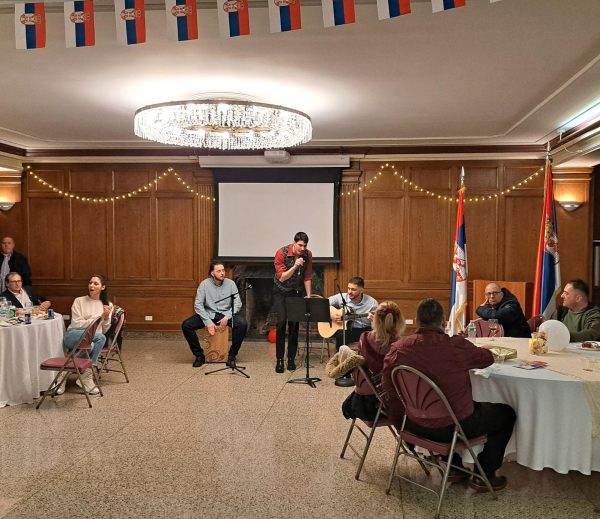Social media sparks debate on privacy
March 8, 2018
People often discuss the transition of cellphones from the flip phone to the smart phone. However, people rarely discuss the major side effect that came with this transition — social media.
Social media is key when it comes to staying in contact with others. This especially stems from the fact that new ways of communicating are being created every day. During the 2000s, the most commonly used social media site was Myspace, with Facebook following soon after. Social media in general has now far surpassed those two sites.
With apps and sites such as Instagram, Snapchat and Twitter, it has become easier than ever before for friends and family to see what goes on in each other’s daily lives. What is posted on the internet—especially social media—is on the internet forever. While some people are fine with that, others take precautions to avoid letting just anyone take a look into their daily lives.
One of the greatest gifts that the internet has offered is the control of privacy—more specifically, who can and can’t see what is being posted. Many college students take advantage of the privacy settings, while others are open to letting people have a look.
Sophomore Simone Guidry said that while her Twitter is public, her Instagram is not.
“I keep Twitter public because I don’t have a problem with people looking at it,” Guidry said. “It’s a way to share my thoughts with others. I prefer my Instagram private just because I post more of my life on there and don’t want just anyone to look at it.”
The impulse to share everything online as everyone around you may be doing is not uncommon. However, exercising control over what content you share and when you share it can be a good practice to follow. Oversharing can impact your future more than you may expect.
“A con of being public is people share too much and give too much information,” Guidry said. “And future employers could also see that.”
Guidry is not alone in wanting to exercise her right to privacy online. Anonymity can be a major benefit to the privacy settings available on most, if not all social media applications.
“Keeping social media private also keeps my location private,” senior Mathew Corrigan said. “I don’t like people knowing where I am every minute like they can on the Snapchat map. Being private is a pro because people don’t know everything.”
For some, the privacy settings are not necessary. In other cases, the privacy settings differ from application to application.
While many people prefer their Instagram private, others have no problem with it. For example, junior Meaghan Fox keeps her Facebook and Snapchat accounts private and her Tumblr and Instagram accounts public.
“Facebook and Snapchat I keep private because they show my location, but with Instagram and Tumblr, I don’t tag my locations so I have no problem keeping them public,” Fox said. “I’ve been taught since a kid that Facebook you keep private for specific reasons, while with Instagram I don’t tag my location, and my friends don’t either, so we don’t get stalked.”
Online stalking or “creeping” is a major concern for college students. Although the post-millennial generation has adapted to living their lives online, the thought of someone seeing your every move is off-putting for most.
“I keep [Instagram] private because I don’t want people to go in and stalk,” junior Steisy Benitez, who keeps her Facebook public, said. “I think a pro of being private is having more control over who sees it, and if you’re public you can get more networking, say if someone at school recognizes you they can follow you. But being public also lets creepy people see.”
There are also ways of self-regulating the exposure you get online. Some options include self-policing the content you post or using the block features on Twitter or Instagram to control who can see your content.
Self-policing allows you to regulate what types of images or other media is being posted about you online. Without this strategy, photos could be posted online that may negatively impact your future, such as job opportunities or how others view you in person. The block feature helps narrow down the people who have access to what you post.
“For Instagram I don’t like random follows from people I don’t know,” senior Alessandra Armetta said. “Basically, if I don’t know you in real life, you shouldn’t be following me. If someone’s trying to be more of a public figure, even if they just have a small YouTube following, having their social media public would be beneficial to them. But I don’t see any advantages personally to having a public social media.”
Despite the dangers of being too public online, it is undeniable that social media has some major positives. An increase in communication between people and the greater access to the global community are only two. However, some believe the positives of maintaining privacy outweigh the positives of online exposure.
“It depends on the social media,” senior Elijah Ziobron said. “I keep Instagram private, but Facebook public. Probably because of when they were created. I find lots of pros in keeping your accounts private.”
Whether private or public, privacy is one of the most important things when it comes to the internet. With social media growth also comes both the importance of respecting an individual’s privacy and remembering not to put too much of yourself out there as well. Safety should be the first priority and college students should be aware of the resources that are available to them.












